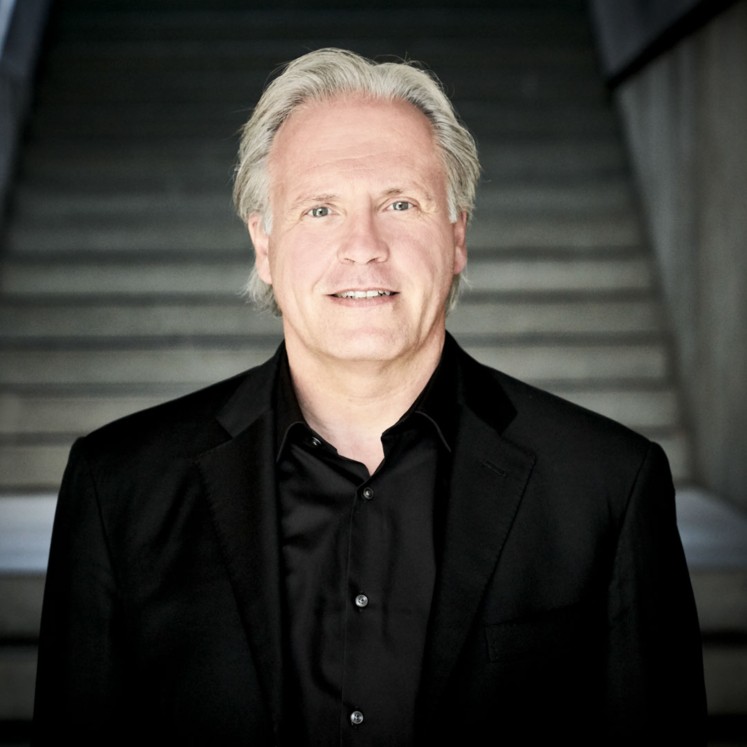
Bruckner and the Consequences
Anton Bruckner composed many works expressing patriotism and German nationalist sentiments. He set texts which nowadays seem unappetising in their militancy and chauvinistic pathos. Hugo Wolf and Richard Strauss behaved similarly, as did many others. It was no accident that this music was written for male-voice choral societies, as these were fruitful breeding-grounds for a nationalism which could have had disastrous consequences. When men became soldiers and songs developed into deeds, Jewish composers expressed their Utopias of peace on earth and their resistance Gegen den Krieg (against war) in settings for mixed choirs – and thus for all men and women.
Arnold Schönberg (1874–1951)
Dreimal tausend Jahre for mixed choir a capella , WAB 70 op. 50A (1949)
Anton Bruckner (1824–1896)
Germanenzug in D minor for four part mal-voice choir and solo quartet, with brass instruments, WAB 70 (1863–64)
Kurt Weill (1900–1950)
Die Legende vom toten Soldaten for mixed choir a capella , (1929)
Anton Bruckner
Das deutsche Lied (Der deutsche Gesang) in D minor for four part-male voice choir with brass instruments, WAB 63 (1892)
Hanns Eisler (1898–1962)
Gegen den Krieg. (Against War). Theme und Variations for mixed choir a capella , (1936)
Anton Bruckner
Helgoland. Choral Ballade in G minor, for four part male-voice choir and a large orchestra , WAB 71 (1893)
– Interval –
Hugo Wolf (1860–1903)
Dem Vaterland (The Fatherland) for four part male-voice choir and a large orchestra (1890–98)
Karl Weigl (1881–1949)
Morgen, (Tomorrow). Nr. 4 from: Four Poems for four part mixed choir a cappella, op. 7 (1909)
Richard Strauss (1864–1949)
Austria in C major, for four part male-voice choir and orchestra , op. 78 (1929)
Karl Amadeus Hartmann (1905–1963)
Miserae. Symphonic Poem for Orchestra (1933–34)
Anton Bruckner
Folksong in C major, for four part male-voice choir a capella, WAB 94, 1 (1882)
Arnold Schönberg
Friede auf Erden (Peace on Earth) for mixed choir a cappella, op. 13 (1907)
Collegium Vocale Salzburg
Chorus Viennensis | Male-Voice Choir of former Wiener Sängerknaben
Michael Schneider | Choir Director
ORF Radio-Symphonieorchester Wien
Markus Stenz | Conductor
The cultural pass Hunger auf Kunst und Kultur is valid for this event.
